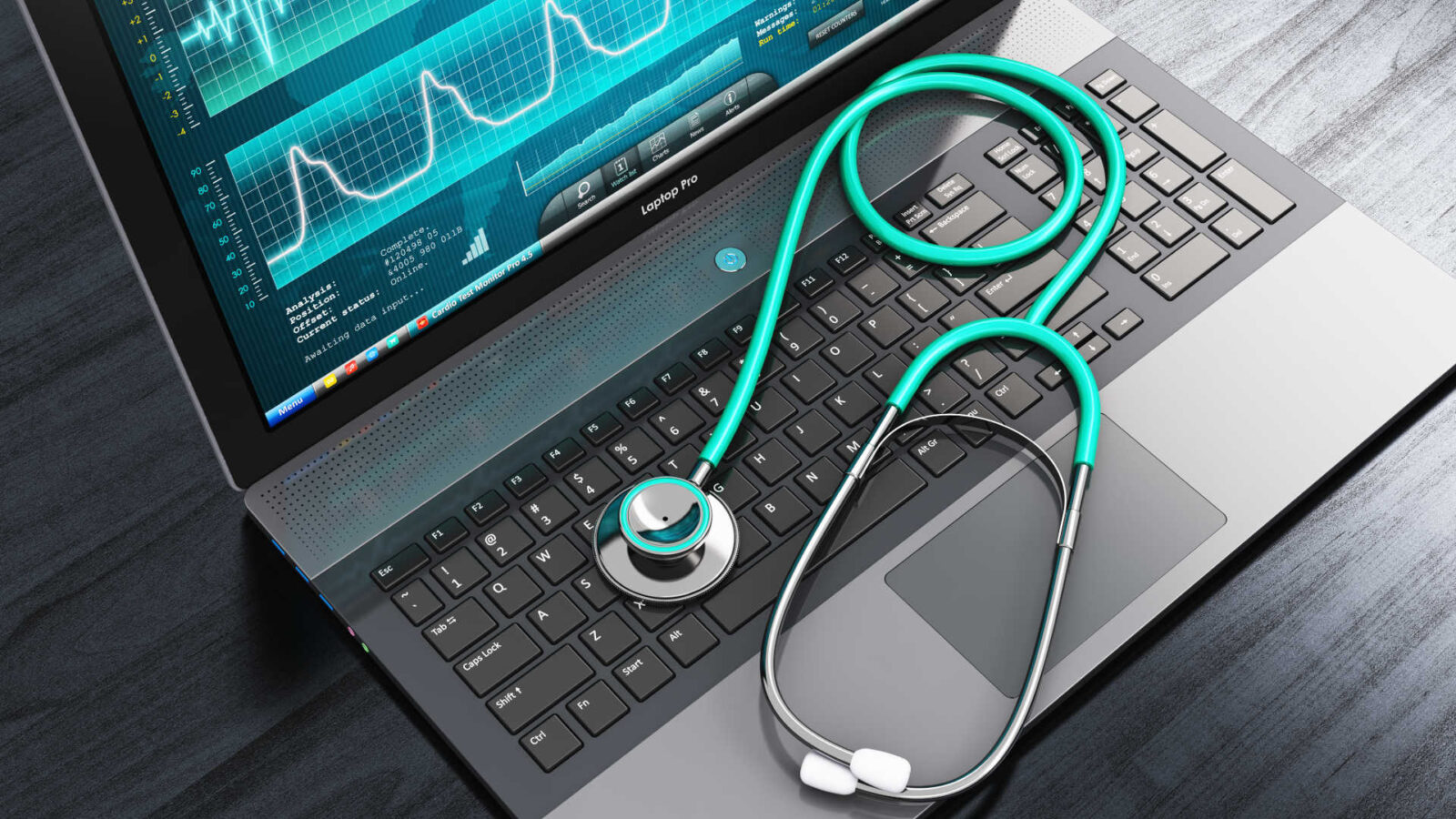Artificial Intelligence (AI) is rapidly transforming healthcare diagnostics, bringing unprecedented accuracy, efficiency, and personalised approaches to medical care. From early disease detection to individualised treatment plans, AI has proven its potential to revolutionise healthcare by empowering clinicians with powerful tools to process vast amounts of data, predict outcomes, and improve diagnostic precision.
How AI is improving healthcare diagnostics
AI is enhancing accuracy, reducing human error, and providing faster results. One of the most impactful applications of AI in healthcare diagnostics is in medical imaging. AI algorithms, particularly deep learning-based models, can precisely interpret medical images such as X-rays, MRIs, and CT scans. These algorithms identify patterns and anomalies that might be invisible to the human eye, such as the early signs of diseases like cancer and cardiovascular conditions.
For instance, AI-powered imaging tools have demonstrated exceptional ability in detecting breast cancer in mammograms and lung nodules in chest X-rays, allowing for earlier and more accurate diagnoses. This early detection is crucial, especially for conditions like cancer, where the success of treatment often depends on how early the disease is identified. AI also helps reduce the time taken to analyse images, leading to quicker diagnoses and faster initiation of treatment.
AI’s role extends beyond imaging. In pathology, AI algorithms analyse tissue samples with greater precision, identifying signs of disease such as cancer by studying cell patterns. These tools help pathologists automate routine tasks and allow them to focus on more complex cases, thus improving workflow and efficiency in medical labs.
Key AI tools in diagnostics
AI tools in healthcare diagnostics are varied, but they share a common goal of improving accuracy and efficiency.
Some key tools include:
- AI in Medical Imaging: AI systems are integrated with diagnostic imaging devices to analyse medical images precisely. By comparing vast datasets of images, AI can identify abnormalities and subtle changes that may signal the onset of diseases like cancer, heart disease, or neurological disorders. AI can also reduce human error by maintaining consistent accuracy, even when human clinicians experience fatigue or oversight.
- Predictive Analytics: AI is transforming predictive diagnostics by analysing a wide range of data, including patient medical histories, genetic profiles, and real-time biometrics. AI can predict potential health risks, such as the likelihood of developing diabetes or cardiovascular diseases, enabling healthcare providers to intervene early. This predictive capability is invaluable in preventive medicine, where early intervention can prevent the progression of serious health issues.
- AI in Pathology: Besides imaging, AI is used in pathology to examine tissue samples with unprecedented accuracy. AI can detect early signs of diseases such as cancer by analysing the structure and composition of cells, offering more accurate diagnoses than traditional methods.
- Clinical Decision Support: AI is increasingly critical in assisting healthcare providers during complex procedures. For example, AI can provide real-time imaging support during surgeries, helping surgeons make more informed decisions. AI also integrates with other technologies, such as electronic health records, to offer a more comprehensive view of a patient’s medical history and improve the overall decision-making process.
The future of AI in personalised healthcare
The role of AI in healthcare diagnostics will likely expand even further in 2025, particularly in personalised medicine. Personalised healthcare, driven by AI, aims to tailor diagnostic approaches and treatment plans based on an individual’s unique characteristics—genetic makeup, lifestyle, medical history, and real-time health data.
One area where AI is set to have a major impact is genomic medicine. By analysing a patient’s genetic information, AI can identify genetic predispositions to certain diseases and suggest preventive measures or early interventions. This approach is especially valuable in treating complex diseases like cancer, where genetic mutations play a critical role in disease progression and response to treatment.
Wearable AI-powered devices continuously monitor patient health, providing real-time diagnostics and alerting patients and healthcare providers to potential health issues before they become critical. For example, wearables that monitor heart rate, blood pressure, and glucose levels can provide continuous data that AI systems can analyse to detect irregularities or predict potential health risks.
Multi-modal AI diagnostics are expected to become more common in the near future. These systems combine data from various sources, such as imaging, genetic information, and clinical history, to provide a more comprehensive and accurate diagnosis. This holistic approach promises to revolutionise how healthcare providers understand and treat diseases.
The AI revolution in healthcare is only beginning
AI is undeniably revolutionising healthcare diagnostics, significantly improving early disease detection, diagnostic accuracy, and personalised treatments. The speed and precision with which AI can process and analyse medical data are helping clinicians make more informed decisions, leading to better patient outcomes.
As AI continues to evolve, it will play an increasingly vital role in personalised healthcare, enabling early interventions and customised treatments tailored to each patient’s unique needs. The future of healthcare diagnostics, powered by AI, promises to be more precise, efficient, and patient-centric than ever before.







Leave a Reply